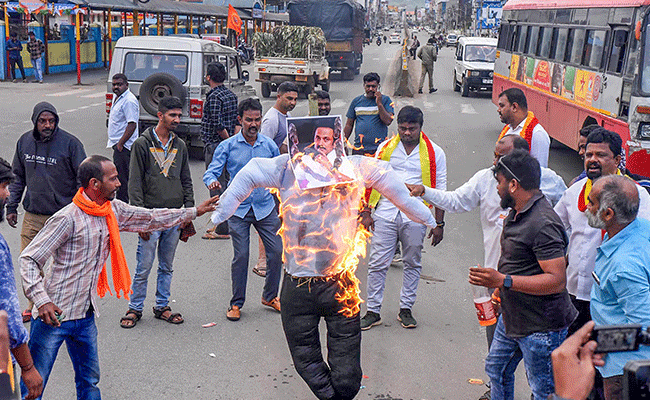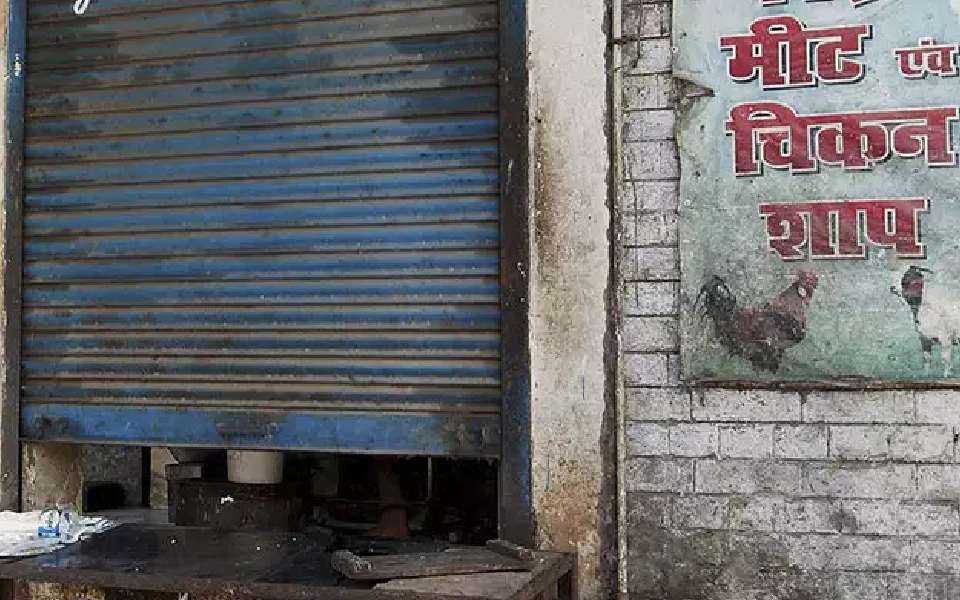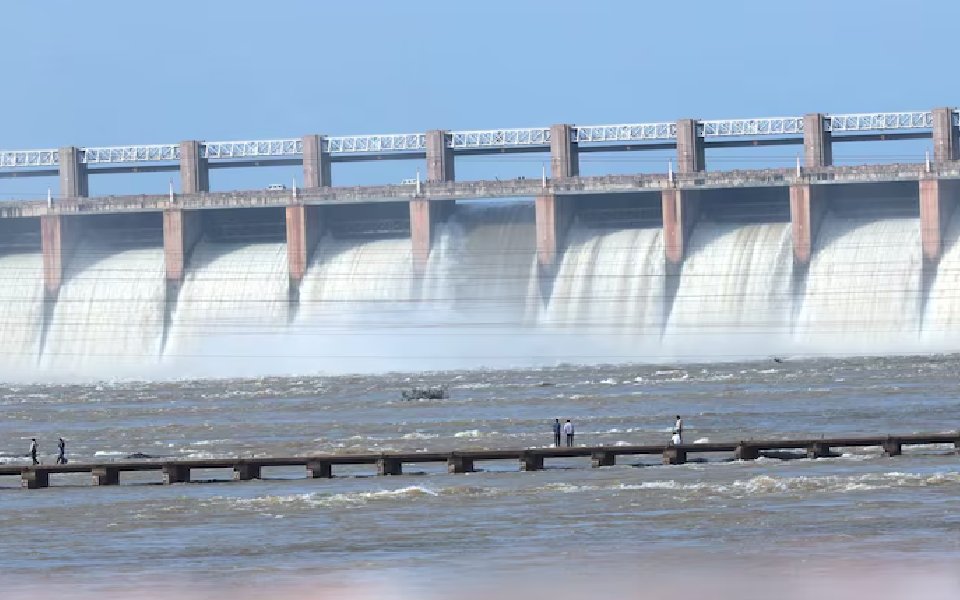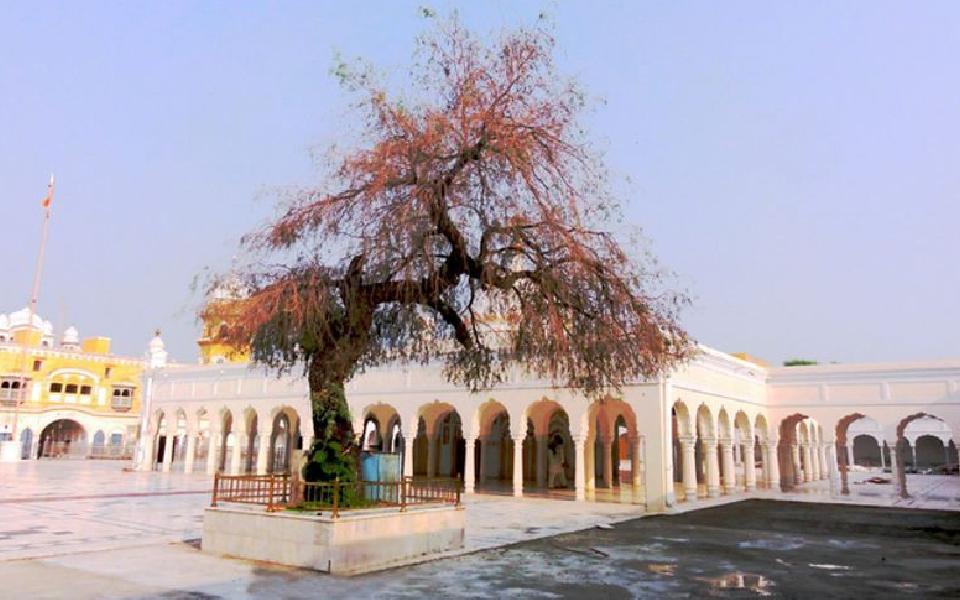Bengaluru (PTI): As many as 44 flights to and from the Kempegowda International Airport here were cancelled owing to the Karnataka bandh over the Cauvery water sharing issue with Tamil Nadu, airport authorities said on Friday.
Similarly, state transport corporations too cancelled many of their bus services, especially in the Cauvery basin districts of Mysuru, Mandya and Chamarajanagar, where the bandh had the most impact. Some passengers had a harrowing time as they missed their flights, buses and trains due to the day-long shutdown. Many passengers were distraught following the cancellation of flights and bus services.
"We cancelled 44 flights today. They include 22 flights to and an equal number of flights from Bengaluru due to the strike," an airport official told PTI.
The Karnataka State Road Transport Corporation (KSRTC) said there were only 59.88 per cent bus operations in southern parts of Karnataka.
The worst-hit KSRTC divisions in terms of operations were Mysuru and Chamarajanagar.
Against the scheduled departure of 447 buses, only seven plied in Mysuru while in Chamarajanagar, eight out of 247 bus services operated.
Mandya, Chikkamagaluru and Bengaluru witnessed 37.25 per cent, 51.49 per cent and 57.39 per cent operations, respectively, against the scheduled departures.
Bus stands and railway stations in southern Karnataka and the airport in Bengaluru wore a deserted look. Farmers and pro-Kannada organisations staged protests outside the airport as well.
A group from pro-Kannada organisations gathered near the arrival gate of Kempegowda International Airport here to register their protest over the Cauvery water dispute. They started raising slogans following which they were taken into preventive detention by the Bengaluru Police.
"We have taken 12 people into preventive detention. They had gathered at the airport premises to register their protest over the Cauvery water dispute. They were detained and taken into preventive detention," a senior police officer said.
Similarly, agitation took place at bus stations where the activists staged demonstrations and raised slogans holding banners, posters and placards.
The agitators blocked many roads in Bengaluru, Mysuru, Mandya and Chamarajanagar leading to a chaotic situation.
Let the Truth be known. If you read VB and like VB, please be a VB Supporter and Help us deliver the Truth to one and all.
Bengaluru, May 10 (PTI): Bruhat Bengaluru Mahanagara Palike (BBMP) has banned the slaughter of animals and sale of meat in the city on May 12 in view of Buddha Purnima, officials said on Saturday.
The order was issued by the Joint Director of Animal Husbandry in Bengaluru on May 9.
Buddha Purnima marks the birthday of Gautam Buddha.





